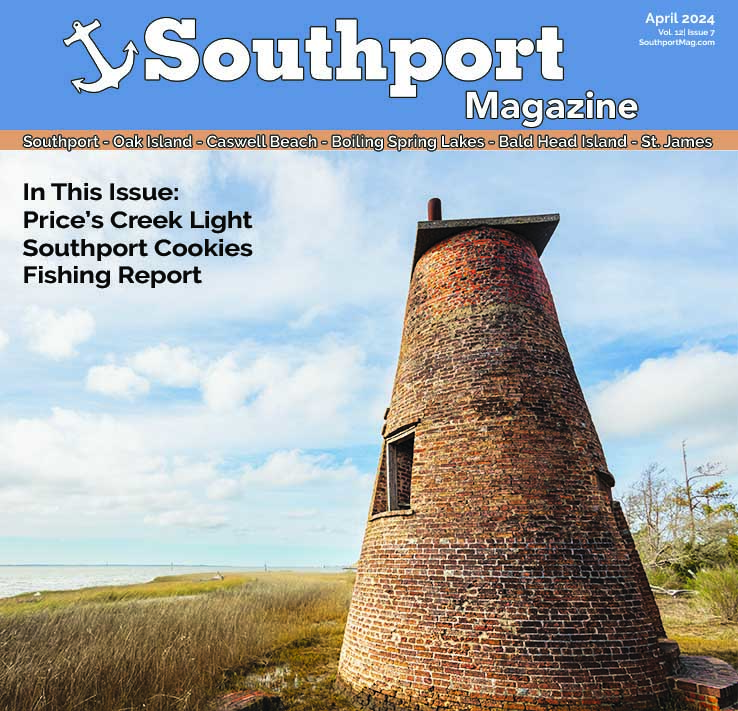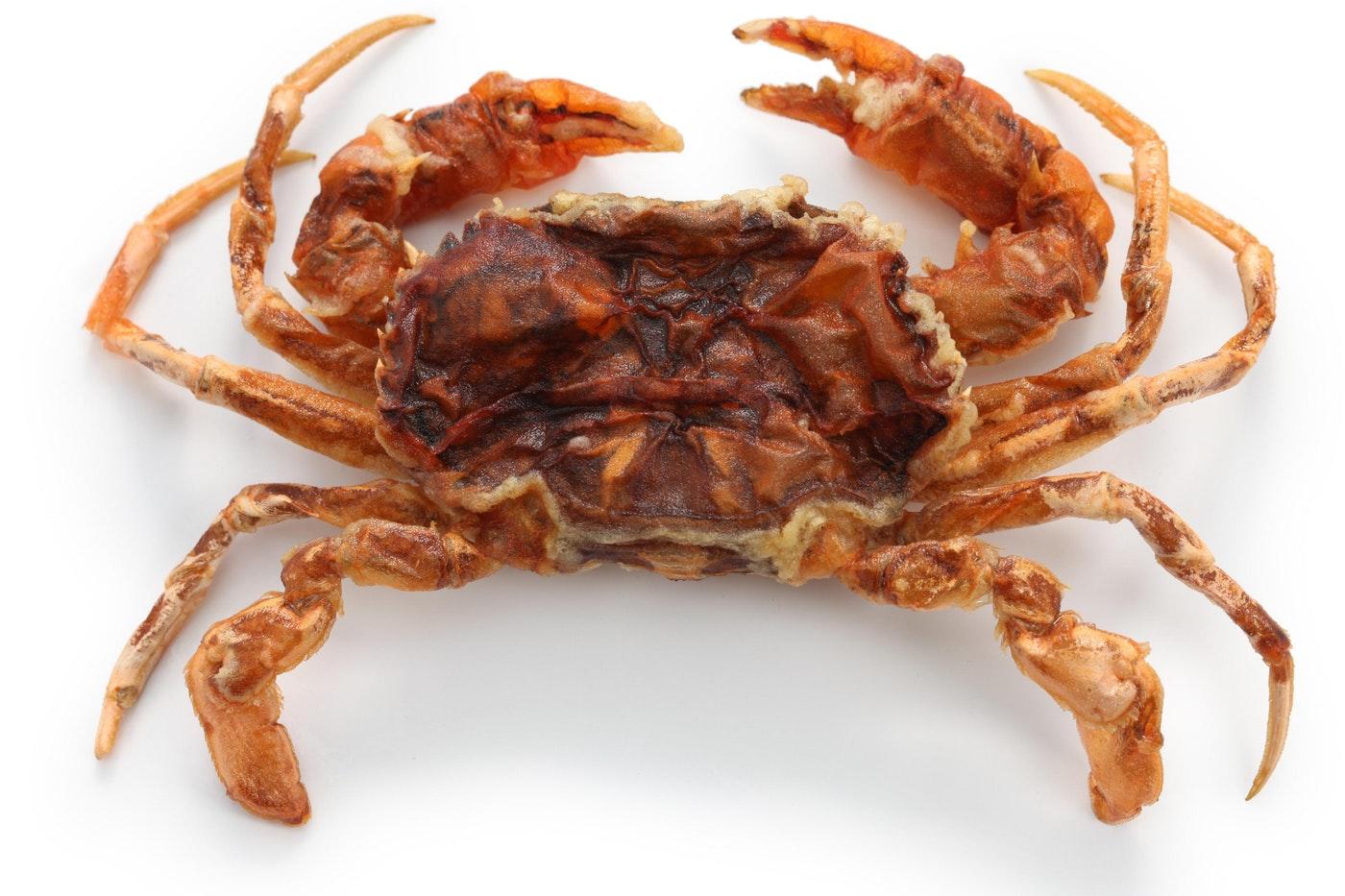One Hot Mama
 July is well upon us with high outdoor temperatures and incredible levels of humidity! Along with these weather extremes comes the potential for heat-related illnesses, which can all too quickly become life-threatening to some individuals.
July is well upon us with high outdoor temperatures and incredible levels of humidity! Along with these weather extremes comes the potential for heat-related illnesses, which can all too quickly become life-threatening to some individuals.
Heat-related illnesses are dependent on the daily heat index often reported by your local meteorologist which is a combination of humidity and air temperature. Symptoms experienced run a continuum from mild to an extreme emergency situation. In addition, several factors predispose an individual to onset of these illnesses. Children less than age 4 and people greater than 65 have bodies which adjust more slowly to changes in temperature. Individuals with heart, lung, and kidney disease or diabetes, sickle cell disease and high blood pressure frequently experience symptoms quicker. Also, certain medications such as diuretics used to treat high blood pressure may cause an individual to become intolerant of the heat much faster than previous.
Heat cramps are the first level of severity in heat-related illnesses. These are a result of not only exposure to high heat but also physical exertion in heat. The symptoms include: excessive sweating, fatigue, thirst, cramps in stomach, legs and/or arms.
To treat heat cramps, rest, relocate to a cool area with air-conditioning or shade, and intake a lot of water or electrolyte solutions such as Gatorade or Pedialyte.
Heat exhaustion is the next step in the heat-related illness continuum. Symptoms include: headache, dizziness or lightheadedness, weakness, nausea, muscle cramps, and cool, moist and often pale skin.
Treatments for heat exhaustian include rest, relocation to a cool area with air-conditioning or shade, a cool shower or bath if dizzy, and cool fluids. Be aware! This is not the time to drink a cool brew or alcoholic frozen drink! Alcohol causes further dehydration and worsens your situation. At this point, your activity in the heat needs to cease.
Heat stroke is the final and most serious form of heat injury which can lead to damage of the internal organs and death. Also known as “sunstroke,” continued exposure to high temperatures with worsening dehydration causes the body’s temperature control system to fail. Signs and symptoms include: a high body temperature greater than 104° F, no sweating—just hot dry skin to the touch, nausea and vomiting, red and flushed skin, rapid breathing, fast heart rate or pulse, headache-often described as “throbbing,” confusion, hallucinations, seizures, unconsciousness, muscle cramps and weakness.
If you or someone you know is experiencing heat stroke, call 911 immediately. While awaiting emergency personnel, move the person to a cool area, remove all excess clothing, and apply cold packs to head, neck, groin and armpits where blood vessels are abundant and can assist in cooling the body. Spray mist the person and fan them if available to aid in evaporation and cooling. If emergency help will be prolonged, remain on the phone with 911 for their assistance. This situation requires the person be treated by medical personnel!
Last summer while running one afternoon I experienced heat exhaustion though I was not ready to admit it at the time! At the end of my run amid 90-degree temperatures, I began to chill, shake and get weak. I felt cold and damp and my legs started to cramp. True to the warning signs, I had head exhaustion as I had failed to obtain adequate hydration and was exerting in extreme temperatures. Also, as described, I was more sensitive to the heat in the days that followed this event.
Please be on the lookout for the above symptoms in your family, friends and yourself this summer. Drink extra water every day and avoid alcoholic beverages in the extreme heat. Take plenty of breaks while working or playing outside. Seek help immediately for symptoms of heat-related illnesses!











Leave a Reply